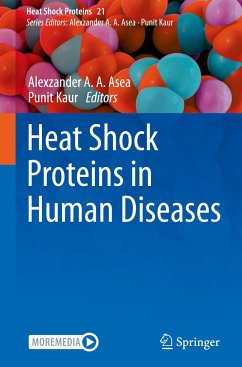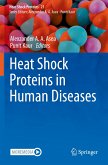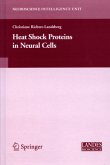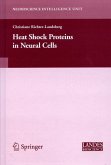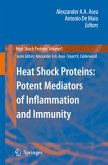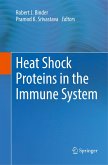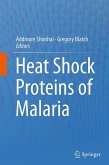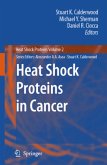The book Heat Shock Proteins in Cancer Therapeutics provides the most comprehensive review on contemporary knowledge on the role of HSP in various types of cancer therapeutics. Using an integrative approach, the contributors provide a synopsis of the most current updates on the state of HSP in cancer therapeutics.
The heat shock response pathway is a highly conserved cellular process. Heat shock factors are a master transcriptional regulator responsible for expression of several important heat shock proteins, which can effectively protect critical client proteins from misfolding and degradation, thus maintaining intracellular integrity under stressed conditions. Recent studies have demonstrated the direct connections between heat shock response players and tumor cell survival, validating heat shock response players as novel molecular targets in anticancer treatment. Although many hurdles in clinical application still need to be effectively addressed, such as undesirable drug toxicity and off target effects; narrow therapeutic window; poor PK/PD profiles, etc. Recent reports on synergistic drug combination, advanced prodrug design, smart nanoparticle packaging, and RNA aptamer selection offer promising solutions to overcome these challenges. Future advancements in this fast-growing area can potentially lead to the next generation of cancer therapeutics.
Key basic and clinical research laboratories from major universities, academic medical hospitals, biotechnology and pharmaceutical laboratories around the world have contributed chapters that review present research activity and importantly project the field into the future. The book is a must read for graduate students. medical students, basic science researchers and postdoctoral scholars in the fields of Cancer Biology, Oncology, Translational Medicine, Clinical Research, Biotechnology, Cell & Molecular Medicine, Pharmaceutical Scientists and Researchers involved in Drug Discovery.
The heat shock response pathway is a highly conserved cellular process. Heat shock factors are a master transcriptional regulator responsible for expression of several important heat shock proteins, which can effectively protect critical client proteins from misfolding and degradation, thus maintaining intracellular integrity under stressed conditions. Recent studies have demonstrated the direct connections between heat shock response players and tumor cell survival, validating heat shock response players as novel molecular targets in anticancer treatment. Although many hurdles in clinical application still need to be effectively addressed, such as undesirable drug toxicity and off target effects; narrow therapeutic window; poor PK/PD profiles, etc. Recent reports on synergistic drug combination, advanced prodrug design, smart nanoparticle packaging, and RNA aptamer selection offer promising solutions to overcome these challenges. Future advancements in this fast-growing area can potentially lead to the next generation of cancer therapeutics.
Key basic and clinical research laboratories from major universities, academic medical hospitals, biotechnology and pharmaceutical laboratories around the world have contributed chapters that review present research activity and importantly project the field into the future. The book is a must read for graduate students. medical students, basic science researchers and postdoctoral scholars in the fields of Cancer Biology, Oncology, Translational Medicine, Clinical Research, Biotechnology, Cell & Molecular Medicine, Pharmaceutical Scientists and Researchers involved in Drug Discovery.

